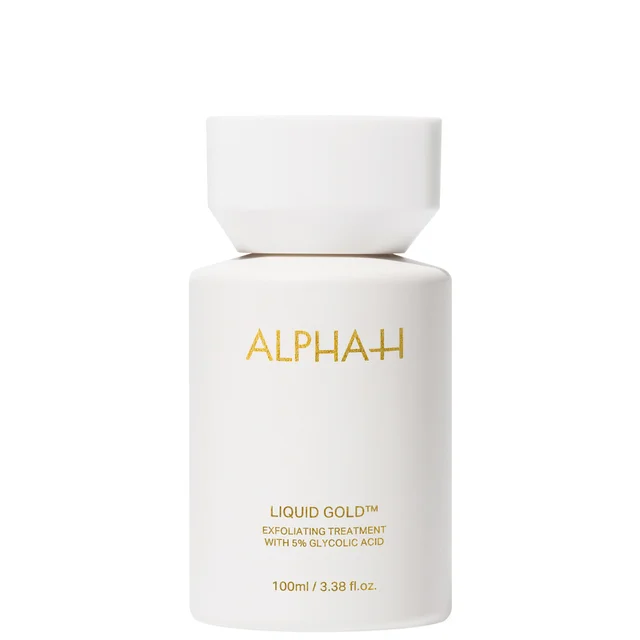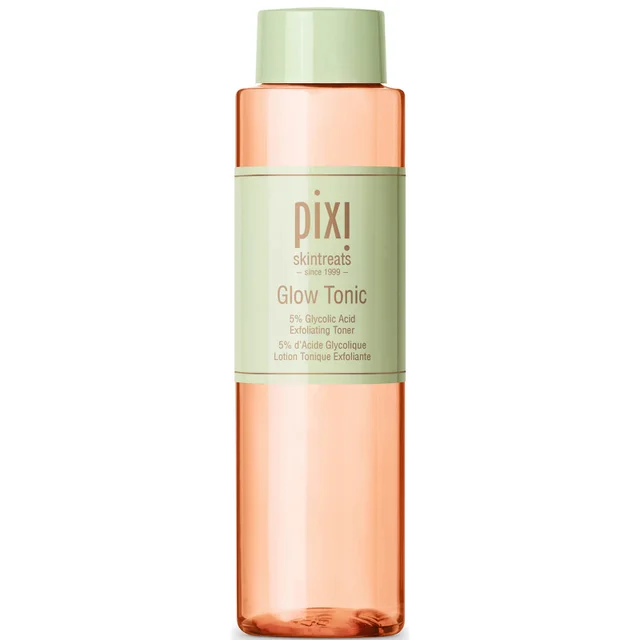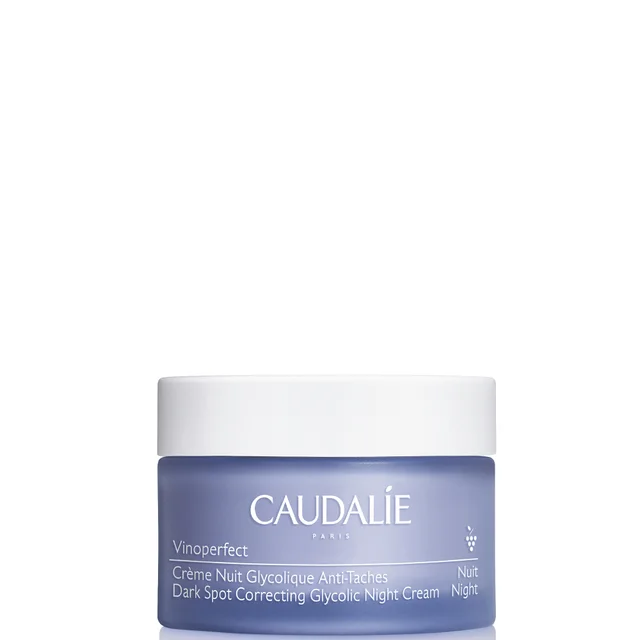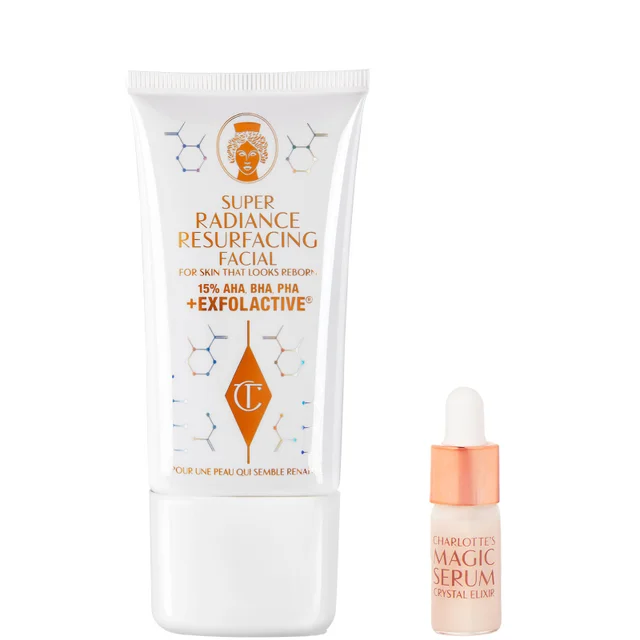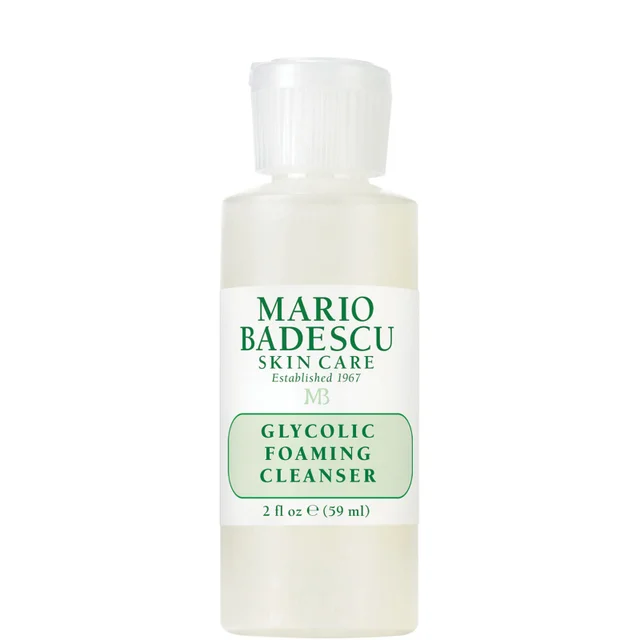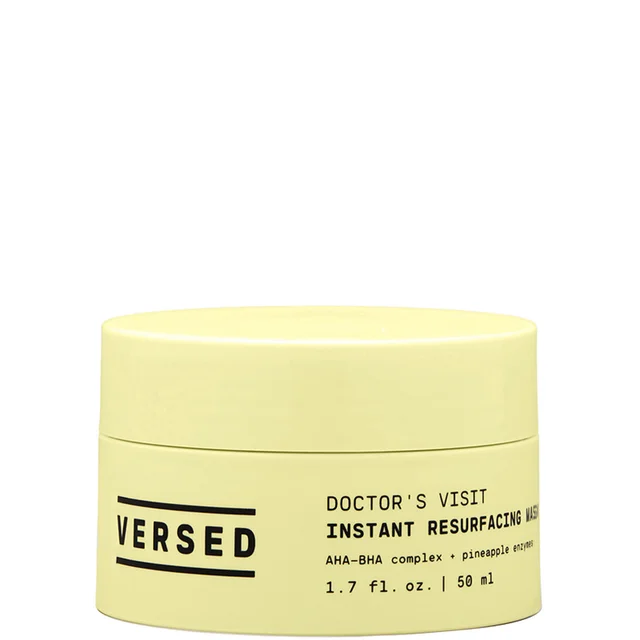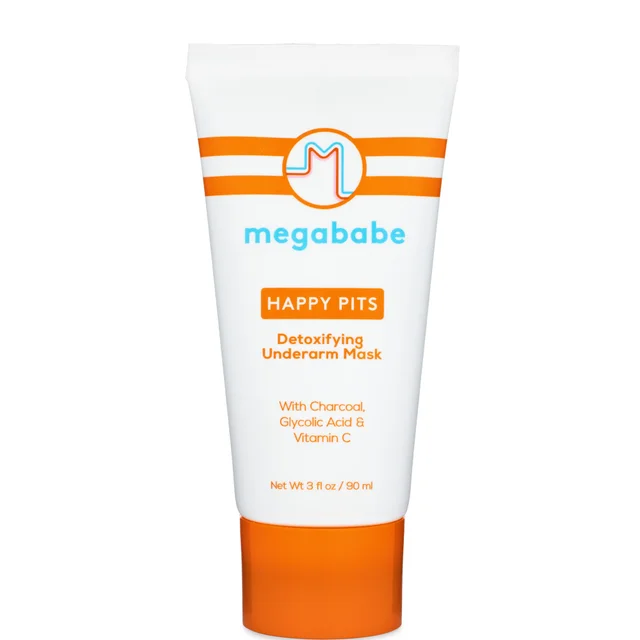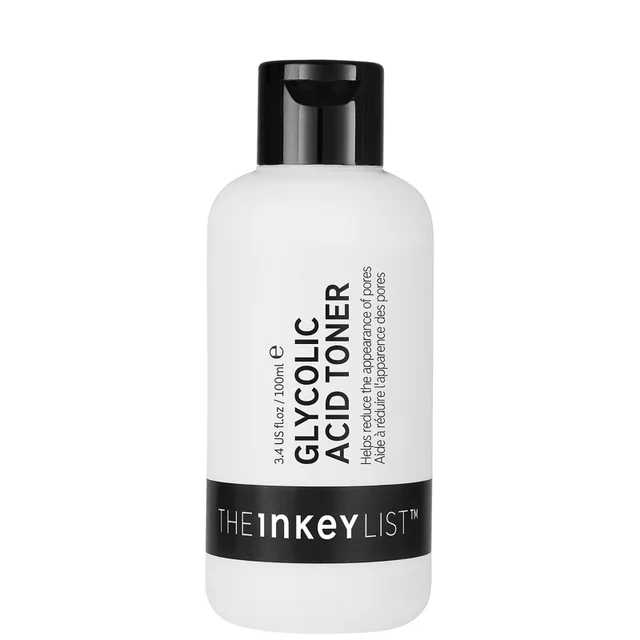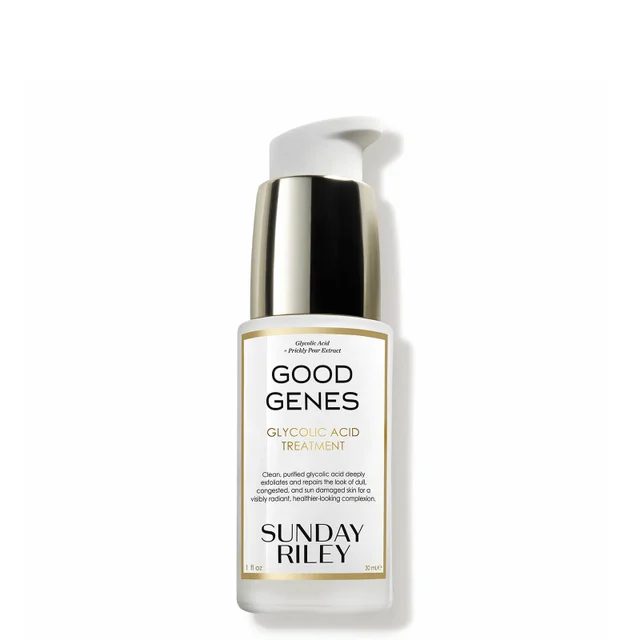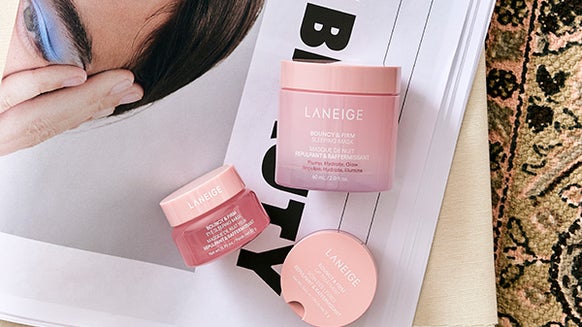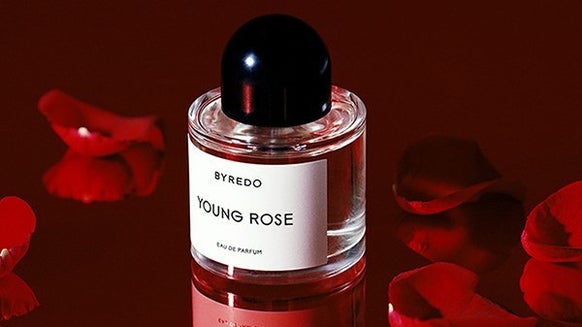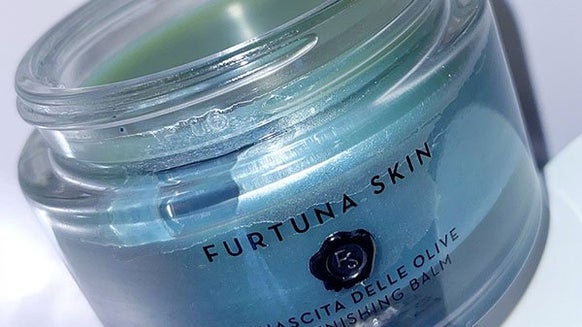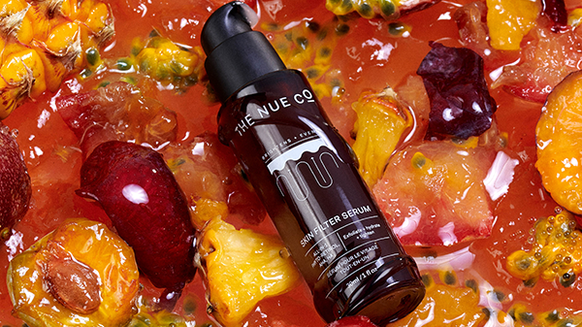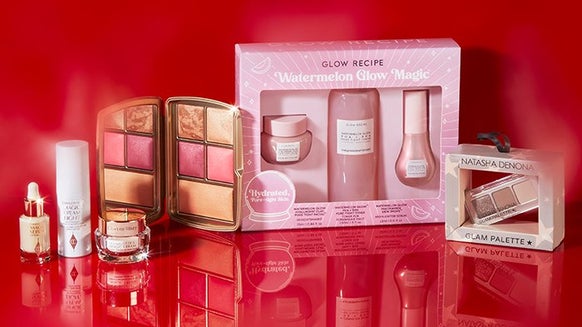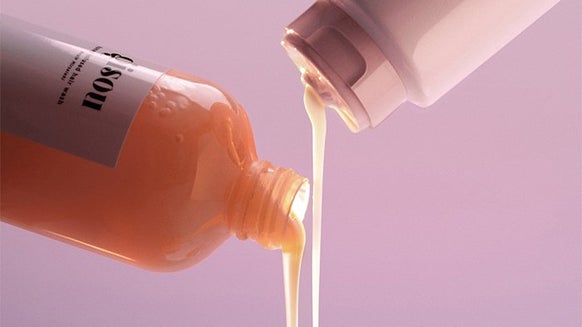Everything you need to know about glycolic acid
What is glycolic acid?
First thing's first, {glycolic acid} is an acid - but so is anything with a pH lower than 7; a list which includes milk (6.6), apples (3), lemon juice (2) and even skin, the optimal pH of which is 5.5. So although many very scary acids do exist, the term isn't something to balk at (lecture over).
Many people have a preconceived idea that acids 'aren't natural' (a consequence of years of school laboratories), but many acids − glycolic being one − are derived from completely innocent things like sugar cane and sour milk. So, for all those who've been sitting on the acid fence (it's a thing), the time has come to hang up all your acid hang-ups (do it now).
What does glycolic acid do for your skin?
So, whazitdo? Well, skin is comprised of many layers - the uppermost of which is called the 'stratum corneum' - which is less a 'layer' than the remnants of what once was a layer... clear as mud? Our skin cells regenerate from the bottom up and the the process works a little bit like 'There were ten in the bed and the little one said...', with the top layer 'rolling over' to make space for the newbie. But this shedding doesn't happen seamlessly (we're not lizards), so as cells are damaged and die they're gradually - and patchily - worn away, which means an uneven surface and less light reflection.
The SC (for short) is beneficial in many ways − providing a degree of natural protection from the elements (sun, free radicals and other nasties) − but this thin film of dead cells has a detrimental impact on skin's radiance, which is where the glycolic comes in.
A member of the alpha-hydroxy family, glycolic acid is primarily an exfoliant; dissolving the sebaceous 'glue' that binds dulling dead cells to skin's surface and revealing the shiny new skin cells beneath. But {brightening} is only the beginning...
Can glycolic acid help breakouts?
If you're blemish prone, glycolic acid is a great ingredient to look for because of its drying and resurfacing properties. By lowering the pH of your skin, acne bacteria struggles to thrive - which means fewer unwelcome uprisings. Couple this with its mild 'sloughing' action, and not only do existing blemishes appear less prominent, but pores are minimised and post-spot redness is reduced.
Is glycolic acid youth-boosting?
By eliminating skin's 'barrier' glycolic acid startles lazy skin cells into action; the production line goes into overdrive, quickly regenerating and repairing sites of damage. Skin effectively speeds up its metabolism and starts behaving like a younger version of itself - creating new scaffolding (collagen and elastin) − and healing signs of trauma (such as scarring, pigmentation and residual discolouration). Owing to glycolic's small molecular size it is also one of very few {skin care} ingredients that is able to penetrate beyond the epidermis, where it attracts and retains water (in a similar manner to Hyaluronic) to 'plump up' cells and thus diminish wrinkle depth.
How do I use glycolic acid?
Glycolic tingles on initial application - it's a sign it's doing something 'proper' and something that best-loved, glycolic-based brand {Alpha-H} have embraced. You may see a little redness and feel some mild irritation - but this should only last for a few minutes and become less and less as your skin gets acclimatised. Do a patch test (particularly if you're sensitive) but remember that the tingling sensation is deliberate, and so don't instantly write yourself off as allergic.
Also, because you're exposing 'fresh' and therefore 'unconditioned' cells, it's vitally important to wear {sunscreen} when using glycolics. It's also why treatments such as {Liquid Gold} are recommended for use overnight, and why Alpha-H developed their {Daily Essential Moisturiser SPF 50} - to be used alongside all their glycolic treatments and lotions.

Cult Beauty’s Content Editor and a Cult Beauty OG, Verity loves nothing more than the marriage of language and lip balm. A quintessential Libran, she’s a self-professed magpie for luxury ‘must-haves' and always pursuing the new and the niche — from the boujee-est skin care to cutting-edge tech. Balancing an urge to stop the clock with her desire to embrace the ageing process (and set a positive example for her daughter), Verity's a retinol obsessive and will gladly share her thoughts about the time-defying gadgets, masks and treatments worth the splurge...

